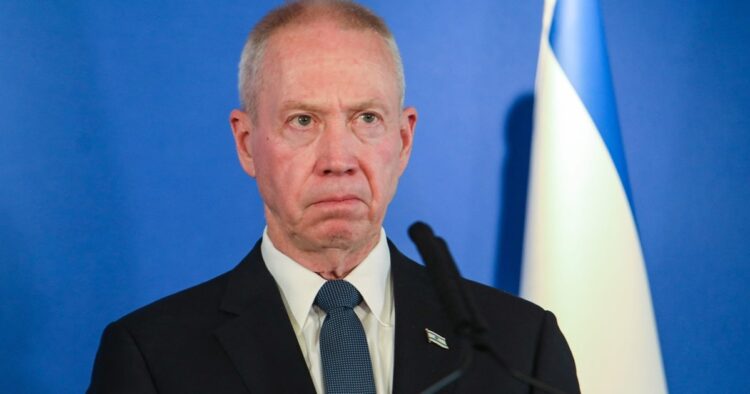In an interview with the Wall Street Journal, Israel’s Defense Minister, Yoav Gallant, expressed the country’s readiness to go to war with the Iran-backed Hezbollah group in Lebanon if necessary. Gallant emphasized that Israel views the conflict as part of a broader struggle against an axis involving Iran and its proxies.
Gallant defended Israel’s actions against Hamas in Gaza, stating that it serves as a warning to Iran and its allies against launching similar attacks. The Defense Minister highlighted concerns about Iran building up military power around Israel for potential use.
Israel has been engaged in daily border clashes with Hezbollah and Palestinian factions in Lebanon since October 8, resulting in civilian casualties on both sides. Gallant mentioned the need for 80,000 displaced people to return home safely and expressed Israel’s willingness to make sacrifices if necessary.
The alleged killing of Hamas terror chief Saleh al-Arouri in Beirut raised fears of broader conflict, as it marked the first strike on the Lebanese capital since hostilities began. The ongoing skirmishes have led to casualties among Hezbollah members, other terror groups, a Lebanese soldier, and civilians, including journalists.
Despite efforts to deescalate tensions, including a visit by US Secretary of State Antony Blinken, Hezbollah launched one of its largest rocket barrages at Israel. Blinken reaffirmed the US commitment to Israel’s security but warned of the potential for an endless cycle of violence without diplomatic solutions.
Israel’s aerial campaign against Hamas in Gaza, which began on October 7, aims to eliminate the group and free hostages seized during the deadly onslaught. The conflict has led to a high death toll, with the Hamas-run health ministry reporting over 22,000 casualties in Gaza. Gallant emphasized that Israel won’t declare the war over until its goals are achieved.
Blinken’s visit is expected to address concerns about civilian deaths in Gaza, secure increased humanitarian aid, and discuss post-war plans with regional allies. Gallant stressed the significance of October 7 as the bloodiest day for Jewish people since 1945, emphasizing the unique nature of the conflict.

















Comments